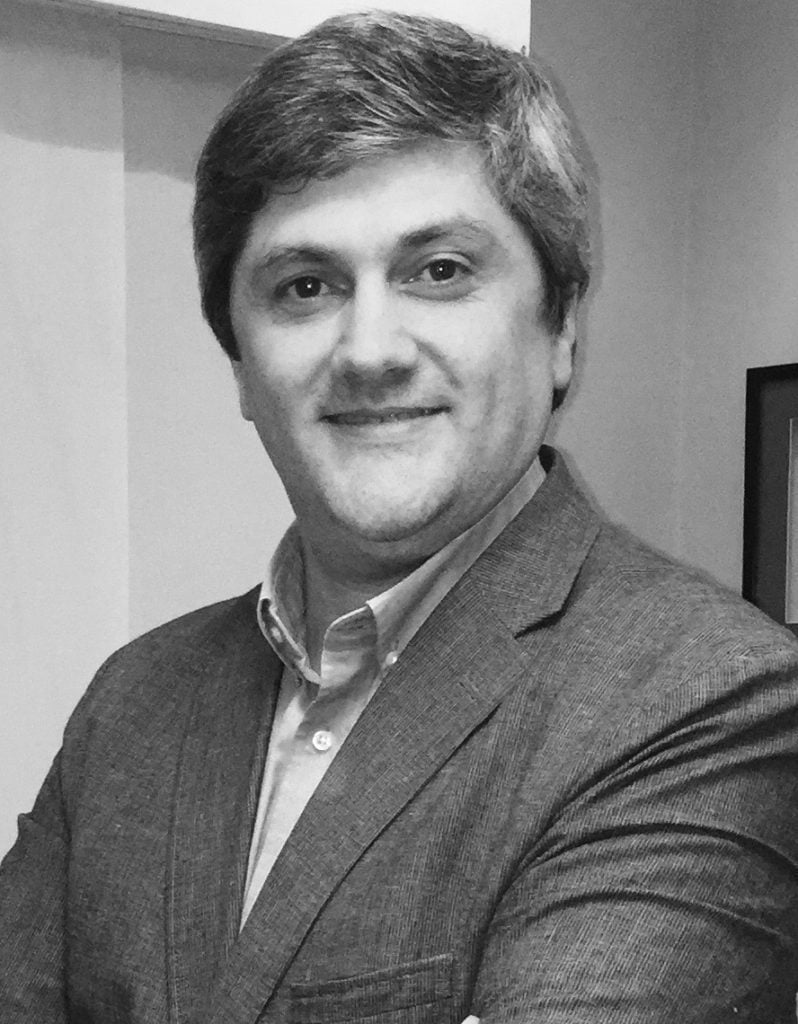- In the latest report for ThinkTank Without Borders, research associate Gabriel Inchausti analyses how collective teacher efficacy (teacher beliefs about group efficacy) influences student performance in the classroom can impact student performance.
- Using his own case study conducted in South America, Inchausti evaluates how the use of collective teacher efficacy (CTE) questionnaires can provide a greater understanding of how to improve collective efficacy in schools.
- Inchausti concludes that institutions should focus on designing environments that promote CTE and develop a productive integration of professors with different backgrounds in order to stimulate beliefs that contribute to great teaching.
Download the report > Examining Collective Teacher Efficacy and Its Impact on Student Performance
Download and view press release > Professors Without Borders Examines How Teacher Beliefs Impact Student Performance
PROFESSORS WITHOUT BORDERS PRESS RELEASE 30 AUGUST 2019 | London
In the latest report for ThinkTank Without Borders, research associate Gabriel Inchausti examines the ways in which collective teacher efficacy impacts student performance. Student performance in the classroom is impacted by a variety of internal and external factors. While students enter the classroom with their own unique sets of capabilities, it is important to understand how teachers and their beliefs about students influence student performance. This paper examines how teacher beliefs about group efficacy influence student performance in the classroom. To analyze how teachers develop their perceptions on collective teacher efficacy (CTE), Inchausti utilizes the Goddard et al assessment of CTE and examines the four sources CTE. This paper also utilizes Inchausti’s own case study conducted in South America, to evaluates how the use of CTE questionnaires can provide a greater understanding of how to improve collective efficacy in schools.

Gabriel Inchausti graduated in Economics from the University of the Republic (Uruguay). Gabriel has professional specialization in corporate finance and strategy and received his Masters Degree in Behavioural Sciences from the London School of Economics. He is a professor and lecturer in topics related to Behavioral Economics in Uruguay and Brazil, and is an active researcher in the field. His research focus is in the area of education and time preferences. Moreover, Gabriel served as the Executive Officer for a major South American beef group and the General Manager in an important media group in Uruguay. Currently, he is chairman of the board of a South American software company.
For further enquiries, interviews and media, contact,
Director, Dr Caroline Varin — cvarin@prowibo.com
Richard Adams for further press enquiries radams@prowibo.com
